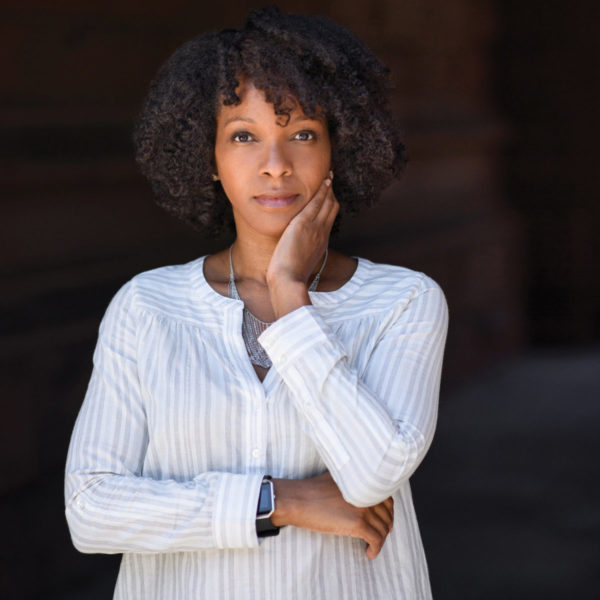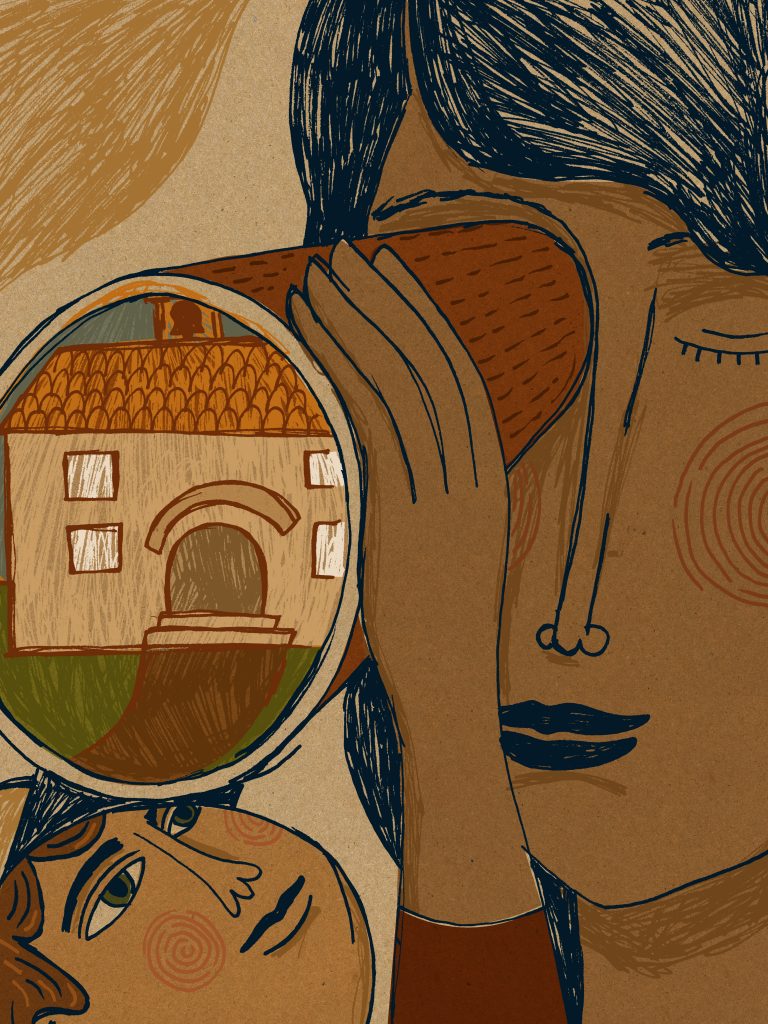Teaching Trayvon
Have you ever seen a small plant that has a splint holding it up? Growers do that when the plant is precious, but the ground on which it sits isn’t quite right for that little green shoot to flourish. I think of raising children in the United States in similar fashion, especially when it comes to matters of race. The earth is parched, the winds are whipping. A boy not fully bloomed was chopped down dead and his killer walks on, weapon in hand. My two sons, bright, creative and kind African American boys, aged 7 and 9, both wept when they heard that George Zimmerman had been acquitted. They were afraid he, or others like him, might come for them next. I did not anticipate that their young lives would be as much defined by the tragedies of the murder and execution of Trayvon Martin and Troy Davis, as by the historic era of the first African American president. They already know the brutal truth of racial inequality, and that they are called to wage the battle against it, just as their forefathers and mothers.
It never occurred to me, their father, nor our extended family members to avoid talking to the boys about racism and bigotry. We were raised on race talk, and it is their inheritance too. I believe that if children are guided honestly through the reality of the world in which they live, it will help them build resilience. And yet, they also need protection, they need our tender nurturing and splints to hold them up in the process of developing the fortitude to meet a cruel society. This care requires that we speak directly to them when tragedies occur, yet not allow them to be inundated with televisual media and round the clock chatter about the subject. We ought to use age appropriate language, placed in the context of our values, about how the world ought to be, and what we can do to contribute to that vision. We must expose them to the ways we build character and community, rather than allowing them to be overwhelmed by terror and sadness. They must know their inherent value and hear about it more than they hear about how they may be devalued.
My sons attended a rally with me after the Zimmerman verdict and I told them “See all these people here? We are part of a community that extends across this country and world, that fighting against injustice.” In that moment, I wanted to help them transform their individual fear and grief into a sense of collective purpose. And I think this practice is relevant for all children, not simply those from groups whom are subject to bigotry. Because while on the one hand I am training my sons to develop resilience in the face of the racial injustice they will encounter, I am also training them to approach the world with full recognition and appreciation of the wide spectrum of human beings, some of whom are quite different from them. They know they have an ethical responsibility to humanity, animal life, and nature; to care beyond their immediate experiences. We talk about gender and sexual orientation and disability and mental health along with race, ethnicity, and language. They are encouraged to be critical and analytical, to use those enormous imaginations to journey into the interior lives of others. Together we create gardens of possibility in the parched earth. If we grow the babies up right, they just might redeem us all.
This excerpt from the essay “Teaching Trayvon” originally appeared in The Hairpin on July 19, 2013


Share your reflection